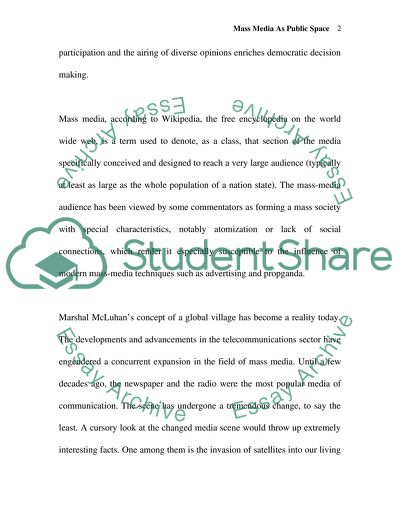Cite this document
(“Mass Media Essay Example | Topics and Well Written Essays - 2500 words”, n.d.)
Retrieved from https://studentshare.org/technology/1534192-mass-media
Retrieved from https://studentshare.org/technology/1534192-mass-media
(Mass Media Essay Example | Topics and Well Written Essays - 2500 Words)
https://studentshare.org/technology/1534192-mass-media.
https://studentshare.org/technology/1534192-mass-media.
“Mass Media Essay Example | Topics and Well Written Essays - 2500 Words”, n.d. https://studentshare.org/technology/1534192-mass-media.


